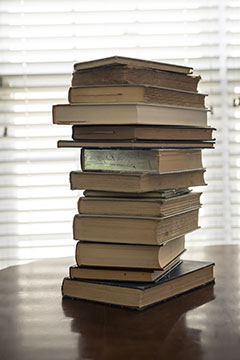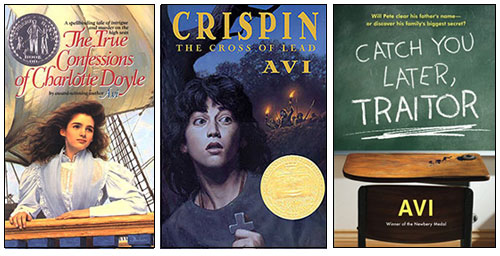 I had left my librarian’s position at Trenton State College, and set in to write full time.
I had left my librarian’s position at Trenton State College, and set in to write full time.
That said, I was not so sure I could make the financial bar. In any case, at the same time my wife accepted a six-month academic position at UCLA. I’m not sure quite what happened but, when she arrived, she was informed that the UCLA library had a position open for me. It seemed to be standard operating procedure.
I inquired. Turns out, the UCLA library made a number of assumptions. First, they assumed that having been given a position at UCLA, my spouse was a male. Further that I, as a spouse, (presumably female) was only looking for make work. They offered me a position as a file clerk.
I did not take that job, but finally settled in to write full-time. I acquired my first computer, and had one of the great days of my life when I learned to use the spell-checker.
I would not work as a librarian again.

BUT—my method for doing research remained the same. Each time I embarked on a work of historical fiction I brought together my own library on the subject. Thus, when I wrote The True Confessions of Charlotte Doyle, I built up a library of books pertaining to 19th Century ships and sailing. Not small libraries either. When I wrote Crispin (my Newbery book) my library pertaining to the English middle ages numbered about a hundred volumes, if not more. I am vaguely contemplating a book set in Venice. That means I am building my Venice library.
When I was a boy, each week my mother took us kids to the local library. She encouraged us to have our own libraries. At some point I was allowed to walk to the library on my own. (The library in Catch You Later, Traitor is my memory of that library.) No matter where I have lived I have been surrounded by books. I have lived the aphorism suggested by the Roman writer, “A house without books is like a body without a soul.”
Librarian, reader, writer. It’s all one to me.